Climbing the most famous peak in Africa is a bucket list adventure for many intrepid explorers; however, the question of how to prepare for a Mount Kilimanjaro Trek can be difficult to answer if you are unsure of all that goes into such a life-changing experience.
Many people hear stories of the gradual ascent up Kilimanjaro and how it is one of the easiest of the seven summits to climb, and as a result arrive woefully unprepared for what is still a physically demanding trek. While having a high level of physical fitness will certainly help your chances of summiting the tallest peak on the continent, there are other aspects of your trip that will require just as much attention to detail, including medical requirements, travel visas, your packing list, insurance, and which route you are planning on taking.
If you want to learn more about how to prepare for a trek up Mount Kilimanjaro to ensure that your dream adventure goes off without a hitch, keep reading below.
How to Train for Mount Kilimanjaro
As Mount Kilimanjaro isn’t really a technical adventure, the best form of exercise that you can undertake when training for a successful summit is hiking. In the lead up to your trip, try to set out on as many hikes as you can that are of varying length, terrain, and intensity in order to condition your legs (and rest of your body) to the rigors of the trail.
If you are based in an area where you are able to do some high altitude training, this would drastically improve your chances of reaching the summit. If you live in a low-lying area but still want to supplement your hikes with another form of exercise, try mixing in some other aerobic exercises, such as cycling, swimming, or step climbing, that will enable your body to work more efficiently with lower oxygen levels.
In order to overcome the physical effects of spending day after day hiking and sleeping along the trail, your body will need to be in a good physical condition. With that being said, both children and the elderly have been known to successfully climb to the top of Africa – but don’t let that fool you into thinking it will be easy! If you want to learn more about just how difficult your adventure will be, then make sure to check out this article where we answer the question of how hard is it to climb Mount Kilimanjaro?
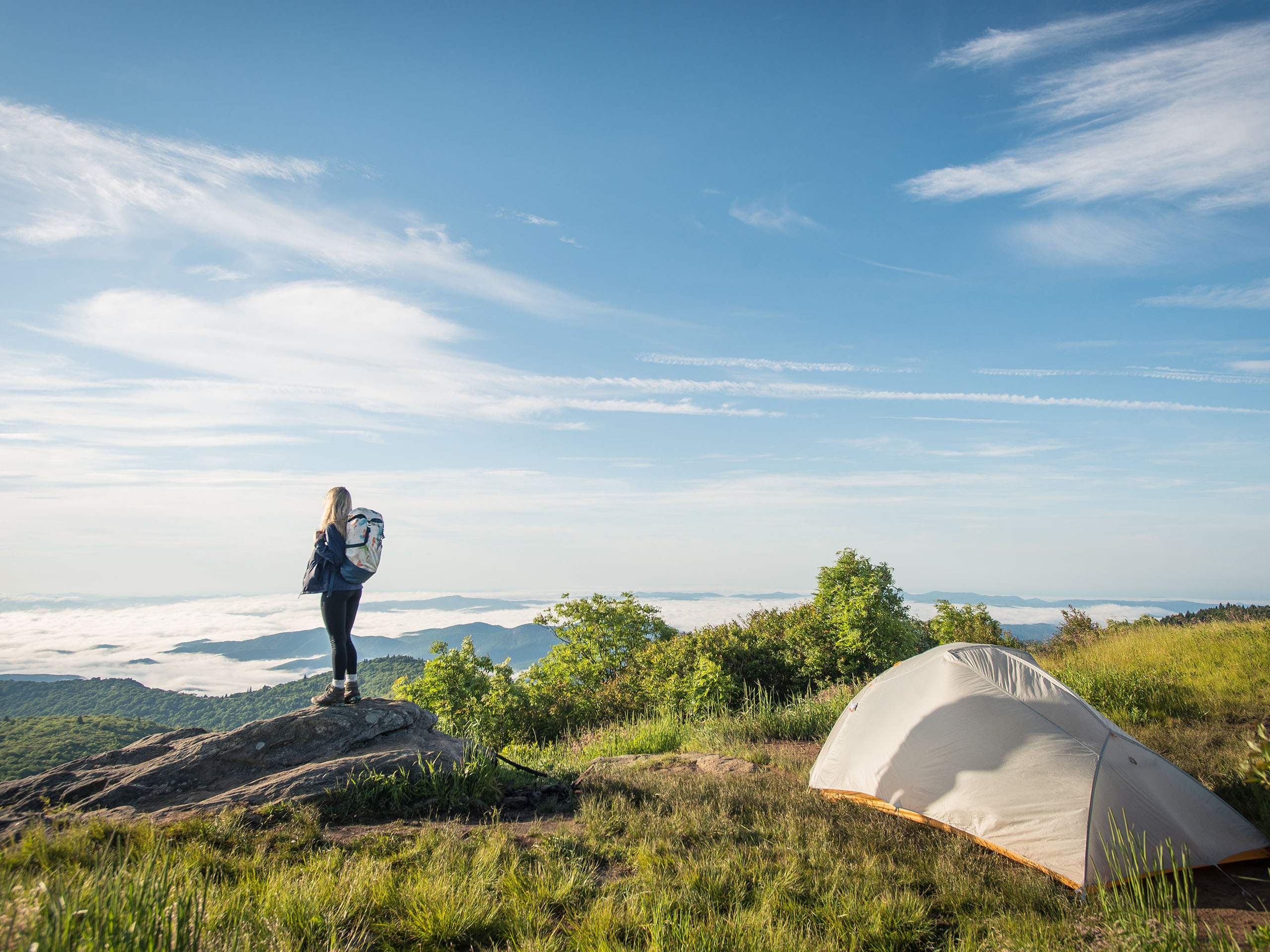
What to Pack When Climbing Mount Kilimanjaro
When it comes to creating a packing list for a Mount Kilimanjaro trek, a general rule of thumb is that you will be responsible for providing your own personal gear, while all communal gear (such as cooking equipment, tents, etc.) will be provided by the tour operator. As such, here is a list of items that you will need to bring along for your adventure:
- Copies of all travel documents, including passport, visa, receipts for your trip, immunization records, and insurance forms.
- Basic toiletries, plus additional items like sunscreen, insect repellant, and a small first aid kit.
- Equipment, such as a 4-season sleeping bag, inflatable pillow, collapsible hiking poles, a headlamp with replacement batteries, duffel bag (70-90L), and a day pack (30-35L).
- Accessories, including a camera, large water bottle, waterproof pack cover, sunglasses, a quick-dry towel, two pairs of gloves (one light, one warm), a hat with a brim, and a knit hat for warmth.
- Footwear, such as a sturdy pair of hiking boots/shoes that are ideally waterproof. Additionally, you will want to bring plenty of wool or synthetic hiking socks, at least four pairs.
- Clothing, including an insulated jacket, waterproof jacket, soft jacket or shell, three lightweight/moisture wicking long-sleeve shirts, one lightweight/moisture wicking short-sleeve shirt, one pair of waterproof pants, two pairs of hiking pants, and one pair of fleece pants. For underwear, consider bringing one pair of long underwear, four pairs of moisture wicking underwear, and three sports bras (women).
One thing to keep in mind when planning your adventure is not to over pack, as the porters that will be accompanying you along the trail generally have a weight limit of around 15kg in terms of how much of your belongings they can carry. For the full list of what to bring (and what not to bring) on this adventure, be sure to check out our detailed packing list for trekking Mount Kilimanjaro.
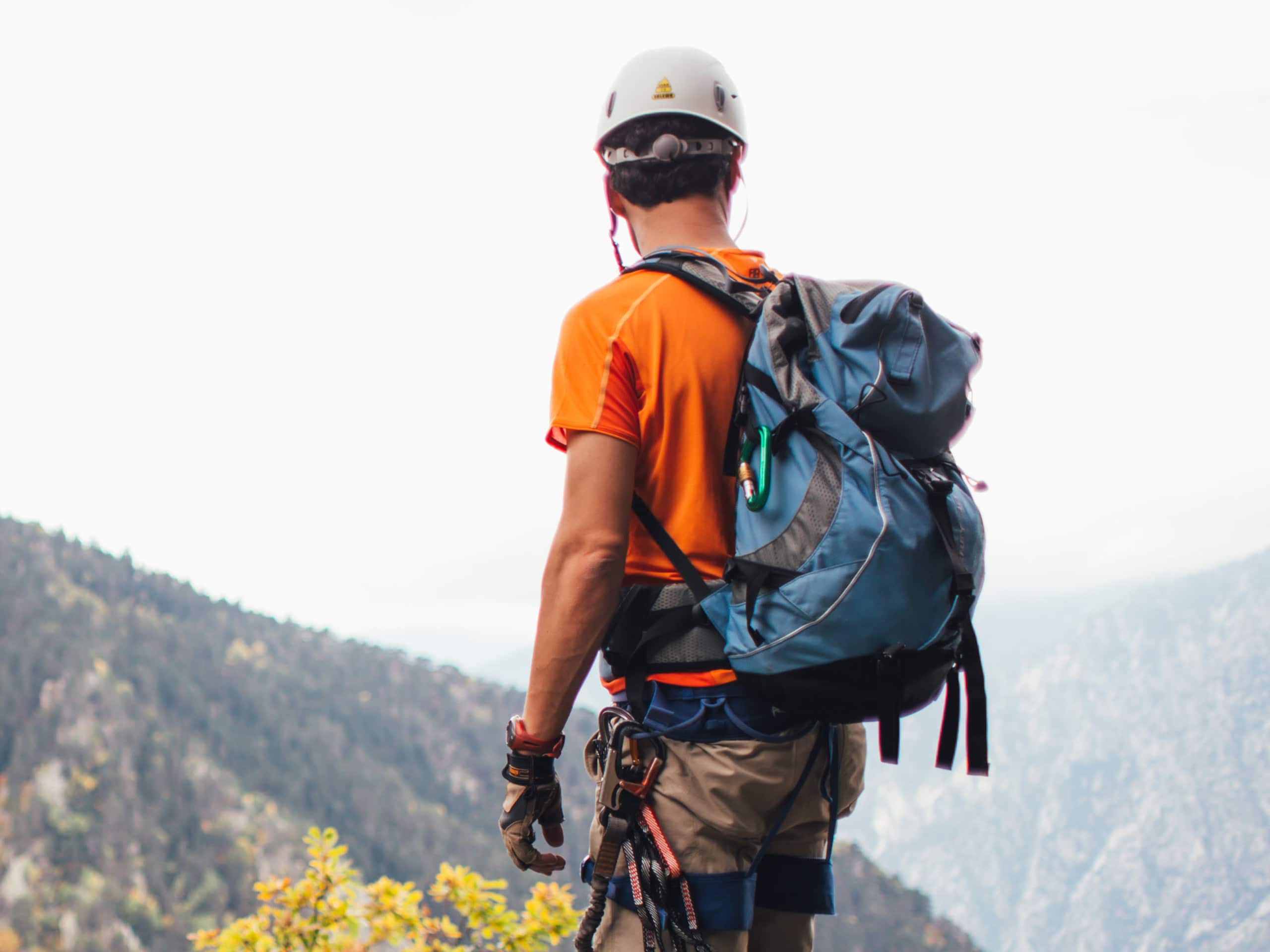
Do I Need Travel Insurance?
Securing travel insurance for a trek up Mount Kilimanjaro is required, so you will certainly want to ensure that you are covered for all eventualities. As you will be hiking in a high altitude environment (the summit of Kili is 19341ft), make sure to find a provider and talk with them to secure a plan that meets the needs of your trip. The last thing you want to worry about is whether or not you are covered in the event of an incident!
What Documentation Will I Need?
In order to enter Tanzania, and ultimately climb Mount Kilimanjaro, there are several pieces of documentation that you will need to be in possession of. First of all, you will need a valid passport that is at least 6 months prior to expiration. Second, foreign visitors to the country will most likely need a visa, unless their country of citizenship has an agreement with Tanzania.
Be sure to check with your government to understand the requirements to travel to Tanzania, and contact the nearest Tanzanian embassy, such as the Tanzanian Embassy of the United States (or the equivalent in your own country), in order to obtain an entry visa. While these can also be obtained at the airport upon arrival, it is highly recommended to do so in advance and streamline the process.
Will I Need Vaccines?
It is always a great idea to have a medical check up prior to any big trip, especially one like Mount Kilimanjaro where you are planning on taking part in physically demanding activities. When traveling to East Africa, and depending on where you are coming from, your physician might recommend getting up to date on your shots prior to your trip to avoid the following:
- Hepatitis A
- Hepatitis B
- Malaria
- Meningococcal Meningitis
- Rabies
- Typhus
- Yellow Fever
Additionally, you should make sure to follow any and all safety regulations pertaining to COVID-19. For the most current information in regards to medical requirements when traveling to Tanzania, you can always check the CDC website or the equivalent in your country of residence, as well as the Tanzanian Ministry of Health.
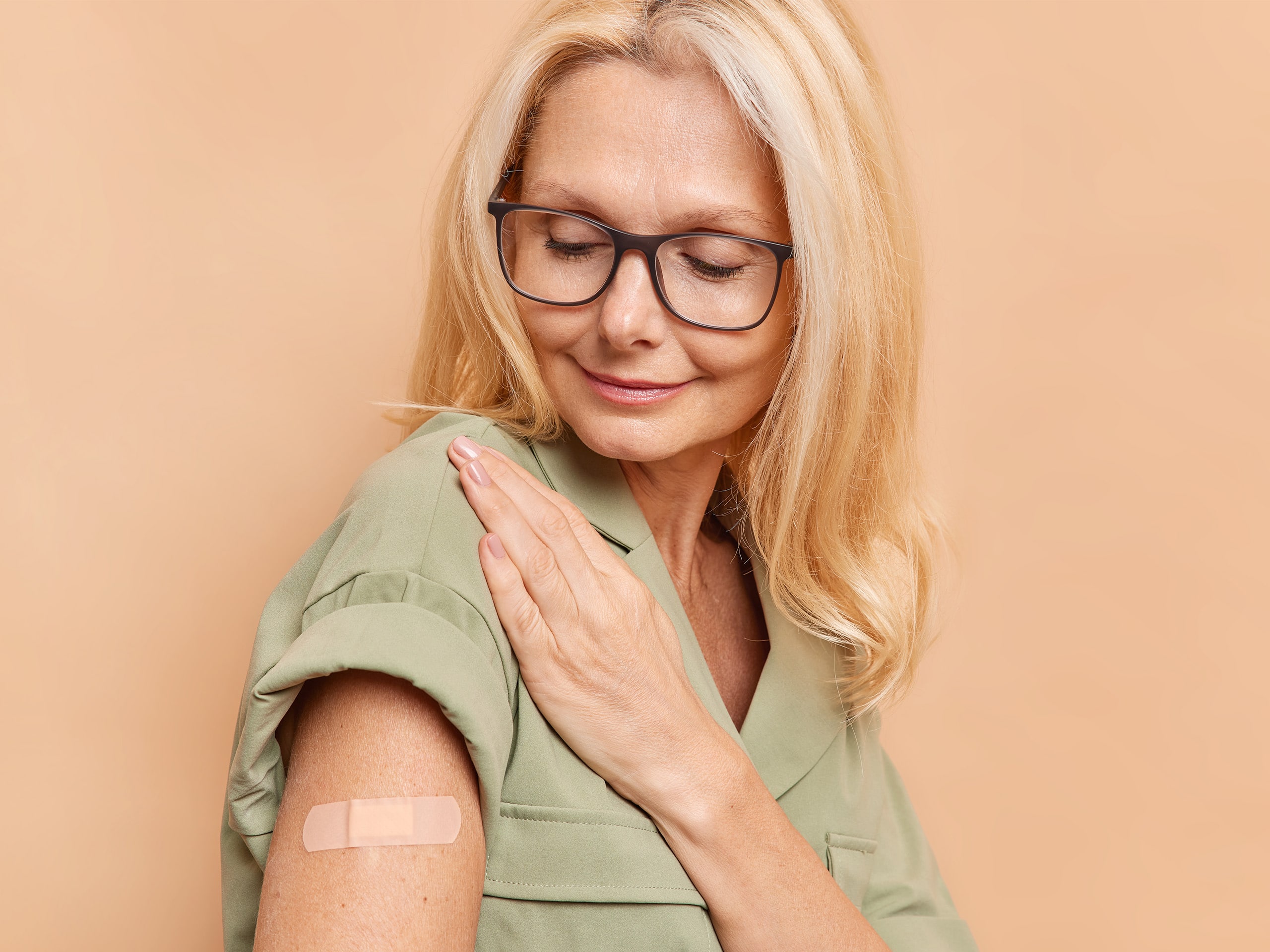
What Mount Kilimanjaro Route Should I Take?
There are plenty of options when it comes to choosing a route to the summit of Mount Kilimanjaro, so it can be a bit hard to figure out which is the right option for you and your adventure.
As many of the routes are similar in their levels of difficulty, one of the main factors is the overall length of the trek. Shorter routes will offer less time to acclimatize to the altitude as you work through each of the zones to reach the summit, whereas longer routes will provide a more relaxed experience and an increased rate of success.
For those experienced adventurers who want a more challenging climb, the Western Breach via Umbwe Route is the way to go. This route is exposed to rockfalls and other dangers along the trail, such as melting ice, which means it is only available for experienced alpinists and is fairly difficult to arrange. For those climbers who want to avoid the dangers of such a trail, almost all of the other routes have their advantages and disadvantages, making the Marangu, Rongai, Northern Circuit, Shira, Machame, and Lemosho routes all great options to explore.
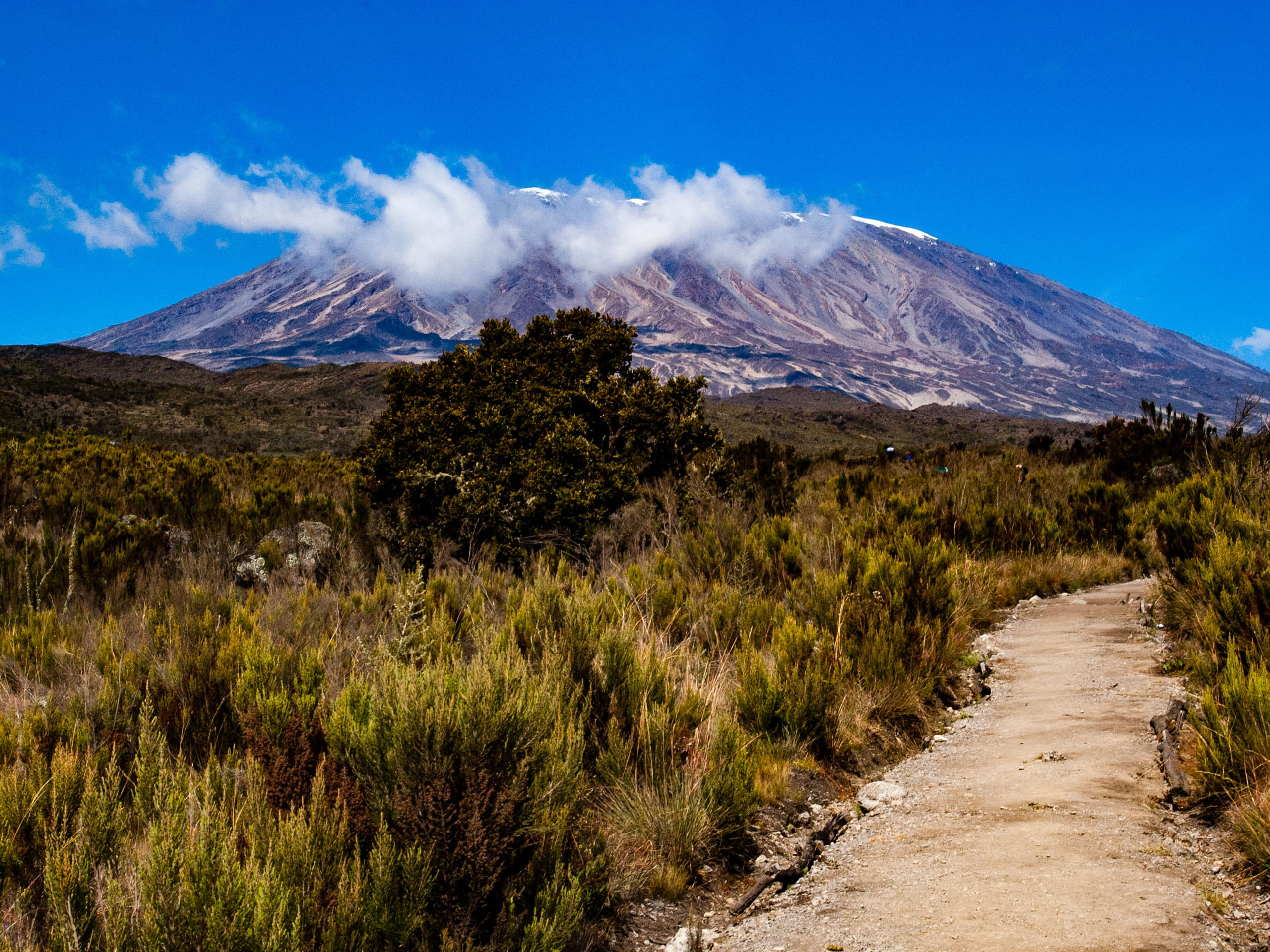
Planning your Mount Kilimanjaro Adventure
As mentioned above, climbing up to the summit of Mount Kilimanjaro is certainly a challenging experience that will require a good degree of physical fitness, but there are also plenty of planning and logistical aspects to consider prior to hitting the trails. Whether it is currently just a small seed planted in the back of your mind or you are actively looking to book a trip to Tanzania, be sure to check out our ultimate guide to trekking Mount Kilimanjaro for all of the tips, tricks, and detailed information that will help you set out on an unforgettable adventure in Africa.
-
Kilimanjaro Article Series
Check out our series of articles on how to climb Mount Kilimanjaro to discover how you can plan a perfect Kili Climb!
Planning for Trekking Kilimanjaro
- Guide to trekking Kilimanjaro
- How Hard is climbing Kilimanjaro?
- How to Prepare for Mount Kilimanjaro
- What to Pack for trekking Mount Kilimanjaro
- When to climb Mount Kilimanjaro?
Choosing which Route on Mount Kilimanjaro
Book a Tour to Kilimanjaro
Check out this selection of great tours to Kilimanjaro region, whether you want to climb the peak, or explore this beautiful and diverse area by bike.

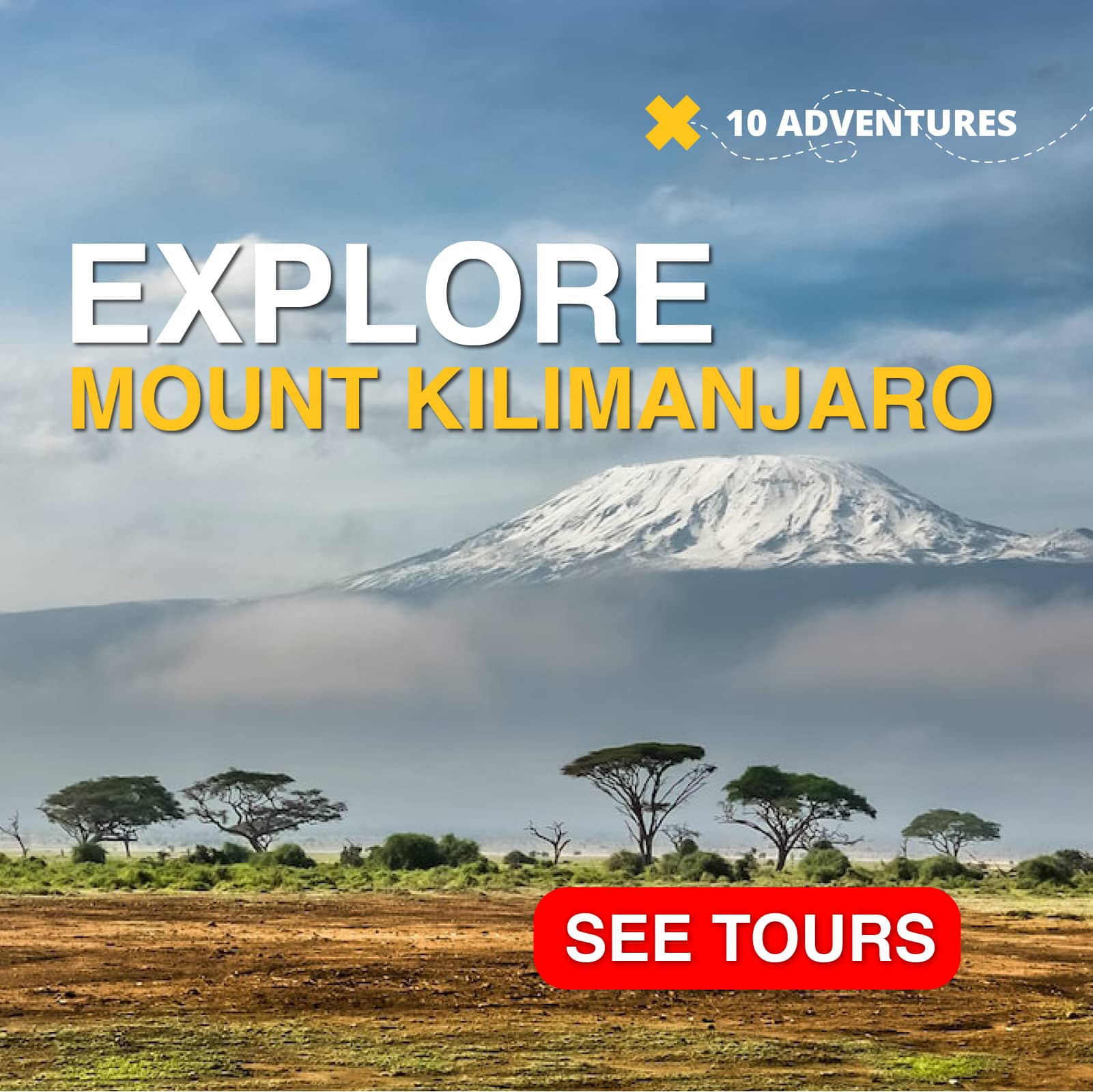
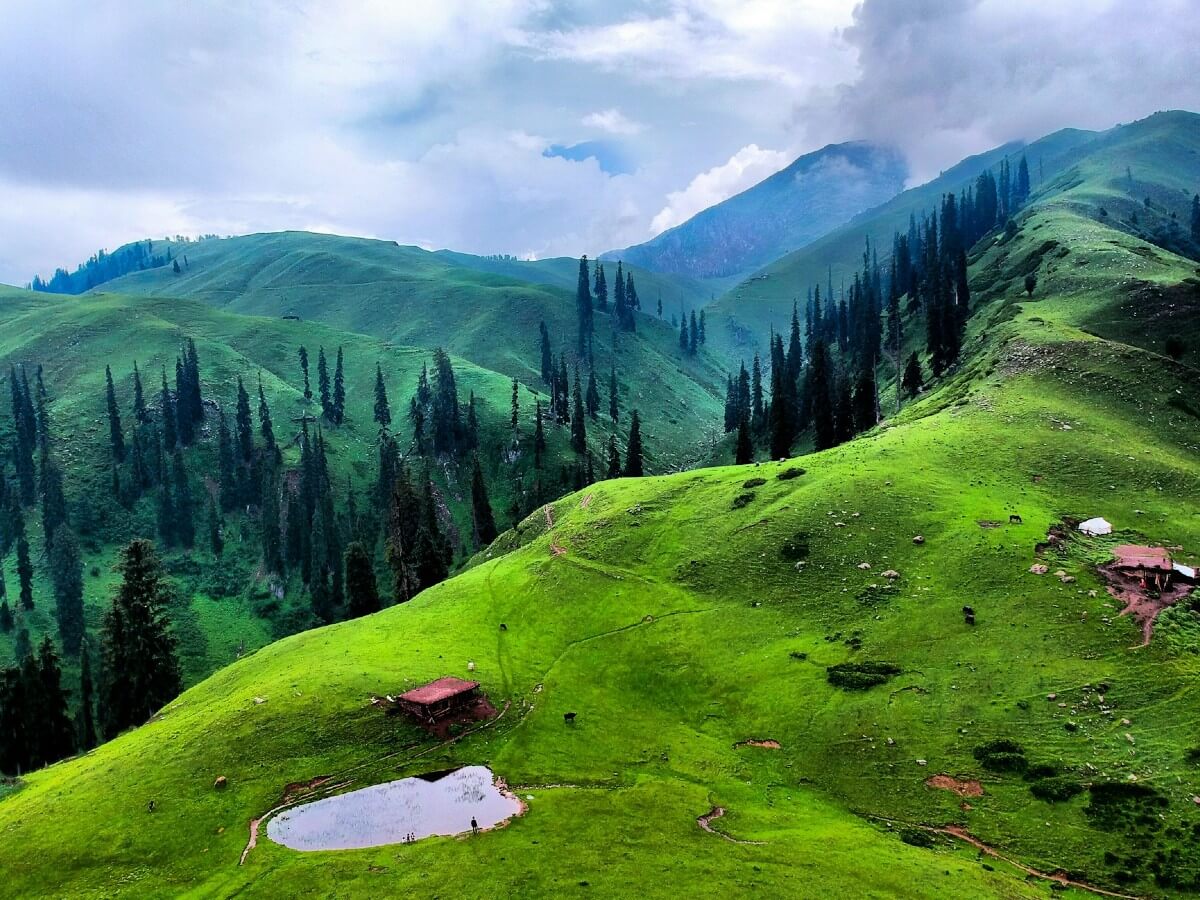
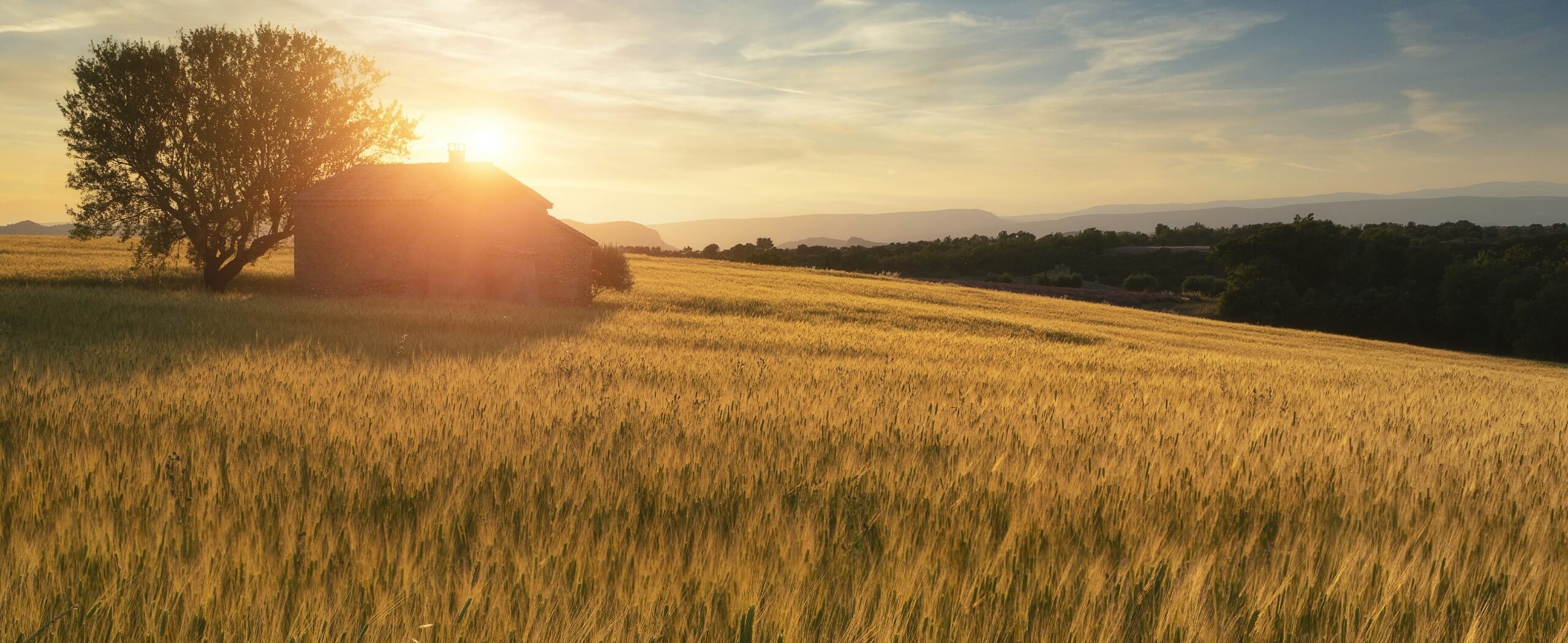

Comments